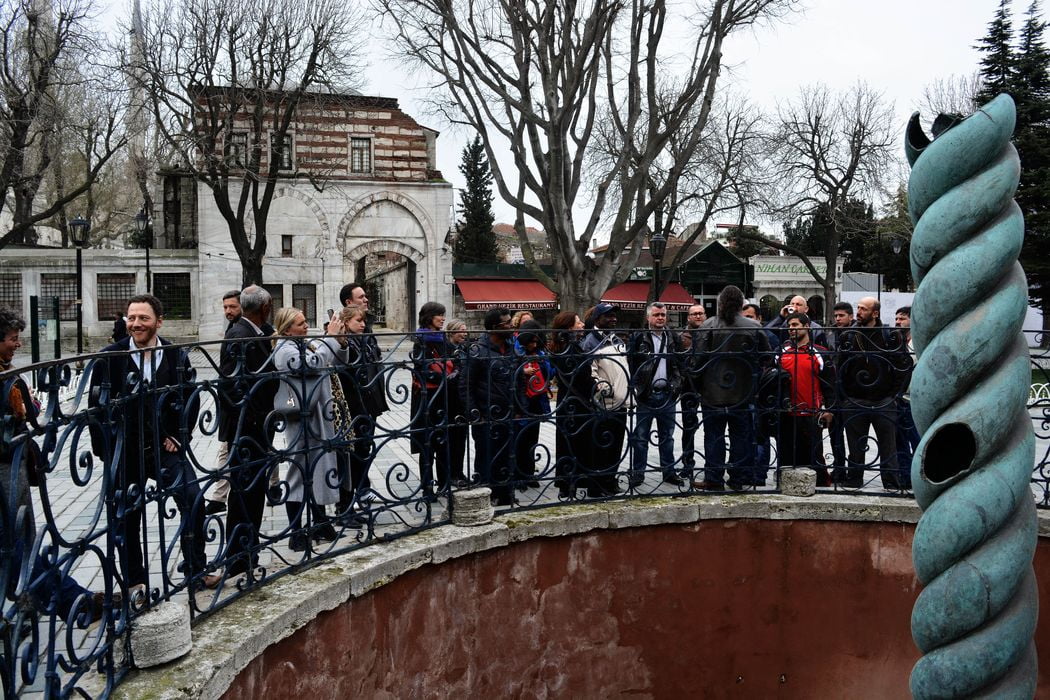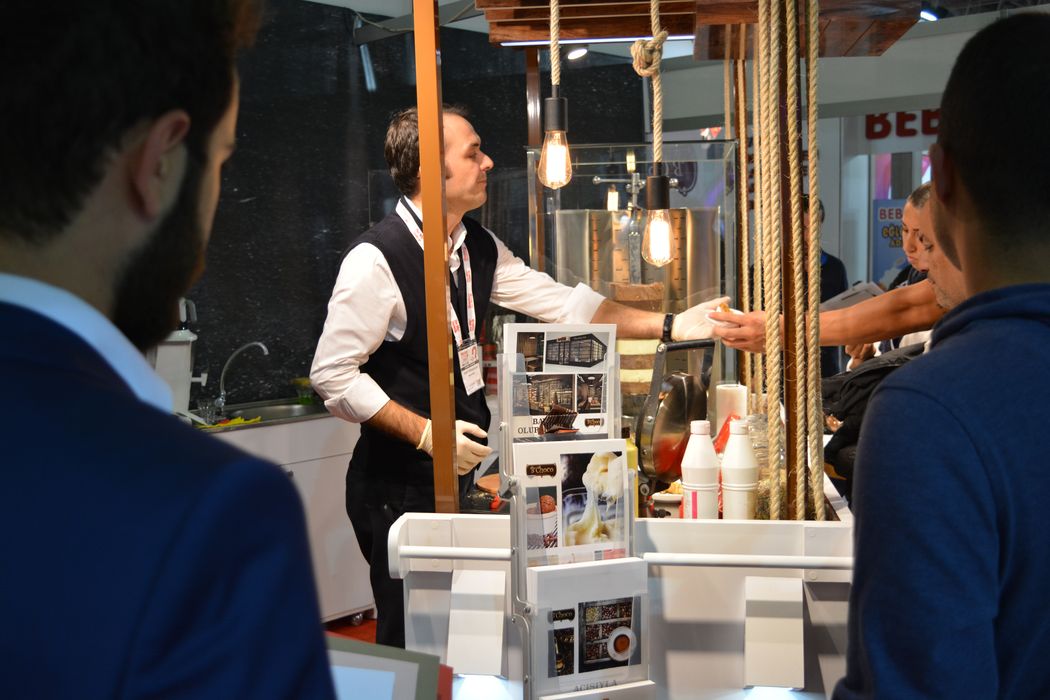The caravan reaches the oasis of Walata
Thus we reached the town of Iwalatan [Walata] after a journey from Sijilmasa of two months to a day. Iwalatan is the northernmost province of the negroes, and the sultan’s representative there was one Farba Husayn, “farba” meaning deputy [in their Ianguage]. When we arrived there, the merchants deposited their goods in an open square, where the blacks undertook to guard them, and went to the farba.
He was sitting on a carpet under an archway, with his guards before him carrying lances and bows in their hands, and the headmen of the Massufa behind him. The merchants remained standing in front of him while he spoke to them through an interpreter, although they were close to him, to show his contempt for them. It was then that I repented of having come to their country, because of their lack of manners and their contempt for the whites.
I went to visit Ibn Badda, a worthy man of Sala’ [Sallee, near the Morroccan city of Rabat], to whom I had written requesting him to hire a house for me, and who had done so. Later on the mushrif [inspector] of Iwalatan, whose name was Mansha Ju, invited all those who had come with the caravan to partake of his hospitality. At first I refused to attend, but my companions urged me very strongly, so I went with the rest.
The repast was served–some pounded millet mixed with a little honey and milk, put in a half calabash shaped like a large bowl. The guests drank and retired. I said to them, “Was it for this that the black invited us?” They answered, “Yes; and it is in their opinion the highest form of hospitality.” This convinced me that there was no good to be hoped for from these people, and I made up my mind to travel [back to Morocco at once] with the pilgrim caravan from Iwalatan. Afterwards, however, I thought it best to go to see the capital of their king [of the kingdom of Mali, at the city of Mali].
Life at Walata
My stay at Iwalatan lasted about fifty days; and I was shown honour and entertained by its inhabitants. It is an excessively hot place, and boasts a few small date-palms, in the shade of which they sow watermelons. Its water comes from underground waterbeds at that point, and there is plenty of mutton to be had. The garments of its inhabitants, most of whom belong to the Massufa tribe, are of fine Egyptian fabrics.
Read More about Ibn Battuta part 17








